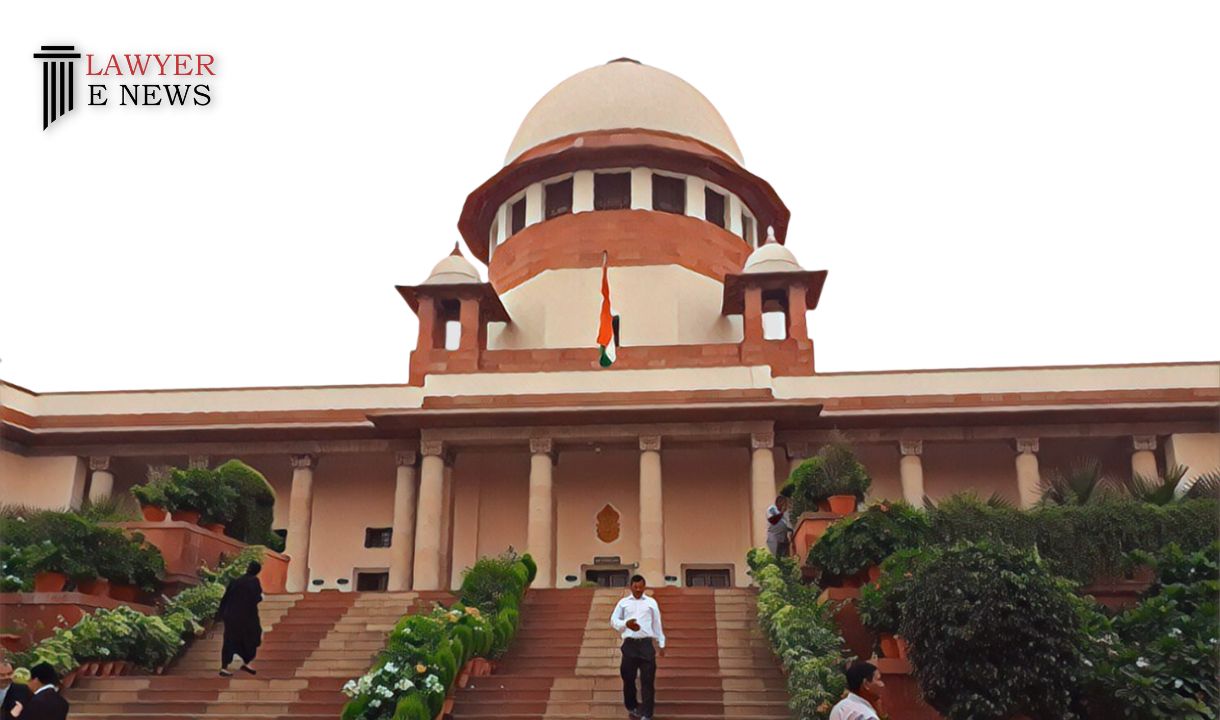-
by sayum
14 February 2026 2:22 PM



Supreme Court of India, in a significant judgment, has clarified the nuances of the limitation period applicable to applications for the appointment of an arbitrator under Section 11(6) of the Arbitration and Conciliation Act, 1996. The Court delineated the starting point of the limitation period, emphasizing that it begins only after a valid notice invoking arbitration is issued and the other party fails to comply with the appointment procedure agreed upon.
In the case M/s Arif Azim Co. Ltd. Vs M/s Aptech Ltd., the petitioner, based in Afghanistan, engaged in computer education and IT training, sought the appointment of an arbitrator to resolve disputes arising from franchise agreements. The core issue revolved around the applicability of the Limitation Act, 1963 to the arbitration petition and whether the petitioner’s claims were time-barred.
The Supreme Court meticulously analyzed the applicability of the Limitation Act to arbitration petitions. It differentiated between the limitation for filing a Section 11(6) application and the limitation for raising substantive claims in arbitration. The Court held that the limitation for a Section 11(6) application begins only after a valid notice invoking arbitration is issued. The Court observed that the claims sought to be arbitrated were not ex-facie time-barred, considering the extension of the limitation period due to the Covid-19 pandemic.
Thepetition under Section 11(6) was allowed, leading to the appointment of Shri Justice Sanjay Kishan Kaul, Former Judge of the Supreme Court of India, as the sole arbitrator. The Court noted that the claims were not ex-facie time-barred on the date of commencement of the arbitration proceedings.
Date of Decision: 1st March 2024
M/S ARIF AZIM CO. LTD. VS M/S APTECH LTD.
